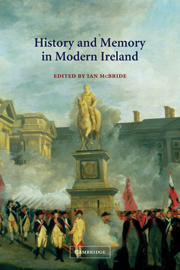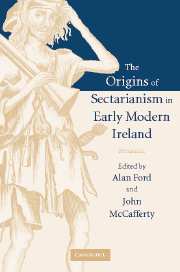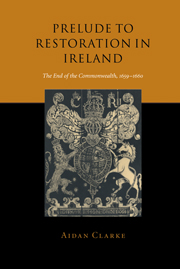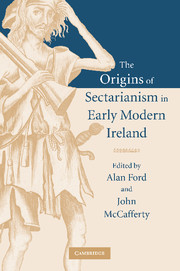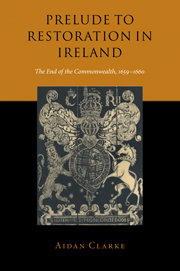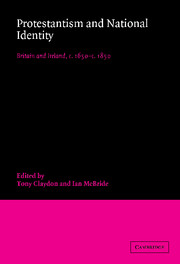History and Memory in Modern Ireland
This volume addresses a subject of vital importance to the study of Irish history--literature and politics. Although collective memory and commemoration has attracted much attention from British, French and American scholars, this is the first major study of the relationship between history and memory in Ireland--closing a remarkable gap in the literature, considering the frequency with which Unionists as well as nationalists have invoked the past, erected monuments and observed anniversaries. This book helps define the main concepts and issues in an emerging field of inquiry.
- Tackles a complex subject which is central to the study of nationalism and national identity in Ireland
- Examines pivotal moments in Irish history such as the 1798 rebellion, the Famine and the Great War
- Includes new work by many of Ireland's leading historians and literary critics
Reviews & endorsements
"The academic historian will welcome [the book]...it should find a place on the bookshelves of any serious historian interested in Irish history and the mythologies that do their utmost to confuse that history." Military History
Product details
December 2001Paperback
9780521793667
292 pages
226 × 152 × 20 mm
0.41kg
13 b/w illus.
Available
Table of Contents
- 1. Introduction: memory and national identity in modern Ireland Ian McBride
- 2. Martyrdom and memory in the seventeenth century Alan Ford
- 3. Remembering 1798 Roy Foster
- 4. Famine memory and the popular representation of scarcity Niall O Ciosáin
- 5. The star-spangled shamrock: memory and meaning in Irish America Kevin O'Neill
- 6. 'Where Wolfe Tone's statue was not': Joyce, monuments and memory Luke Gibbons
- 7. 'For God and for Ulster': the Ulstermen on the Somme David Officer
- 8. Commemoration in the Irish Free State: a chronicle of embarrassment David Fitzpatrick
- 9. Monument and trauma: varieties of remembrance Joep Leerssen
- 10. Northern Ireland: commemoration, elegy, forgetting Edna Longley
- 11. 'No lack of ghosts': memory, commemoration and the state in Ireland D. George Boyce.

